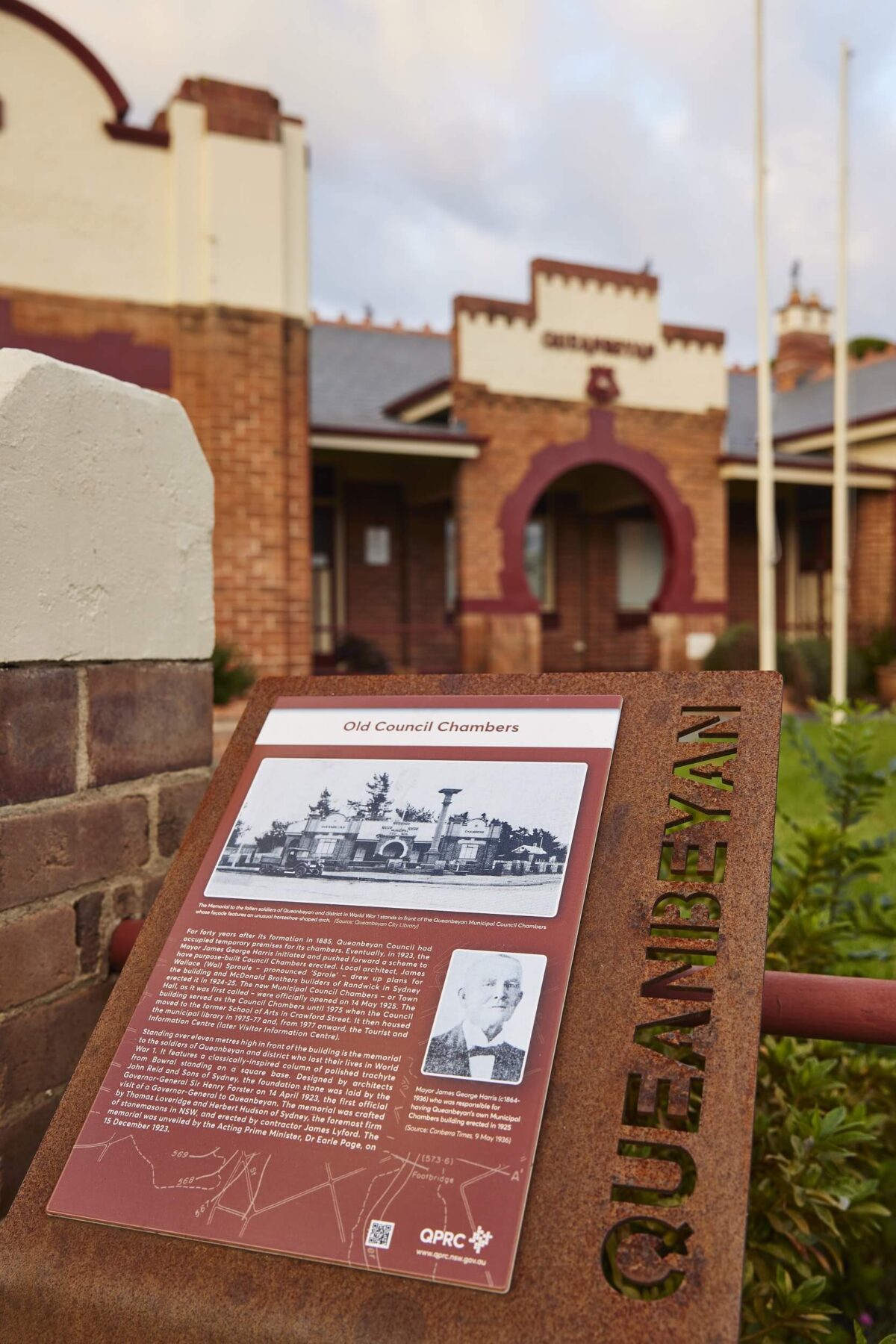Queanbeyan District
Minutes from Canberra, the dynamic and fast-growing city of Queanbeyan is the perfect blend of old and new.
Discover modern restaurants nestled in heritage buildings. Shop till you drop at major outlets or tiny specialty shops filled with local wares. Visit district markets, enjoy a show or exhibition, or make the most of our many special events.
And when you’re done, relax alongside the Queanbeyan River; a welcome hint of the area’s many natural treasures.
It’s a similar story in nearby Googong, a flourishing township brimming with natural beauty and a stone’s throw from the mighty Googong Dam.
So whether you want to be in the centre of the action, or are craving a much-needed catch-up with nature, Queanbeyan and Googong have got you covered.
Heritage
Indigenous people first arrived in the Queanbeyan area of Ngambri and Ngunnawal land around 20,000 years ago. European settlers arrived in 1820, with the first use of land a property named ‘Quinbean’; an Aboriginal word for ‘clear water’.
Proclaimed as a settlement in 1838, this tiny township grew and became the epicentre of a thriving primary producing district. Nineteenth century churches, public houses and historic buildings can still be seen today.
Canberra’s foundation in 1913 changed Queanbeyan significantly, creating new avenues for employment and boosting building and housing development. And in 1972, with a population of over 15,000, Queanbeyan was proclaimed a city.
It is now one of the fastest growing inland cities in NSW.

